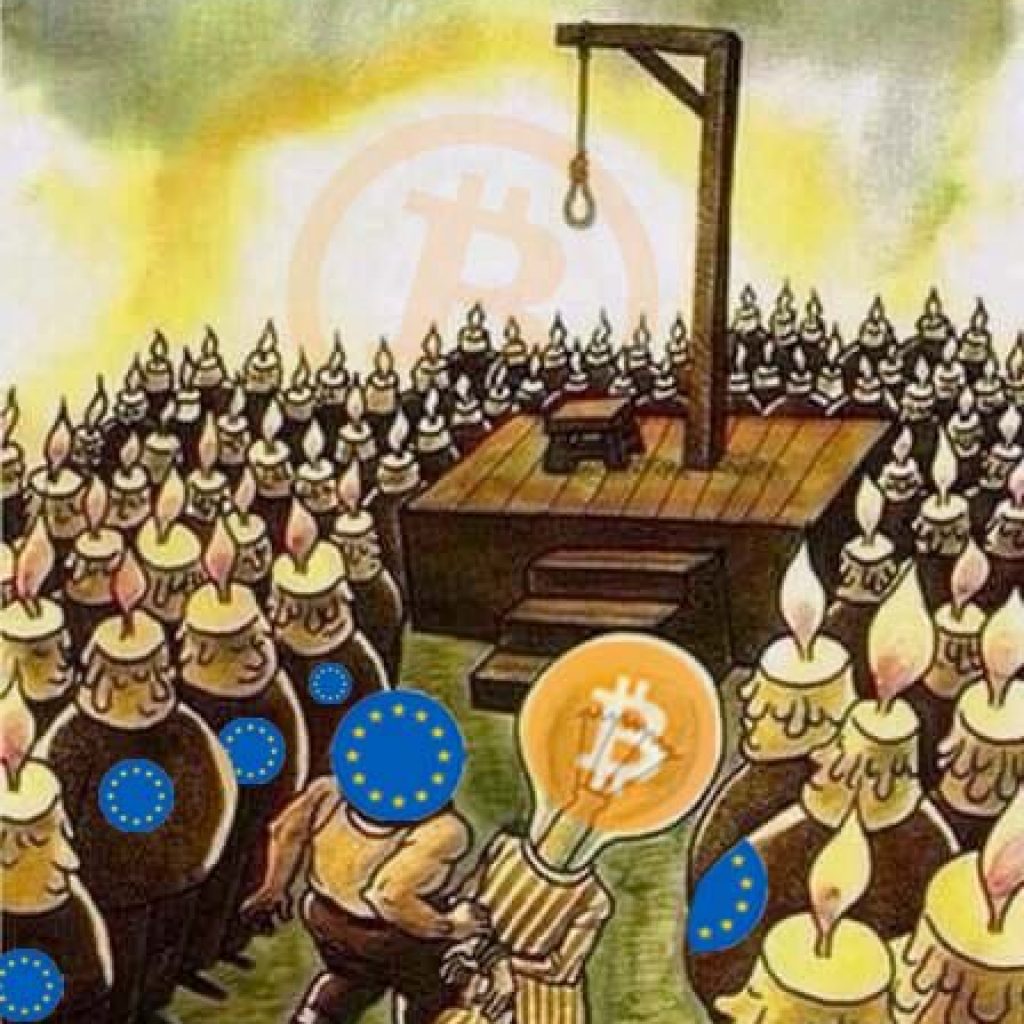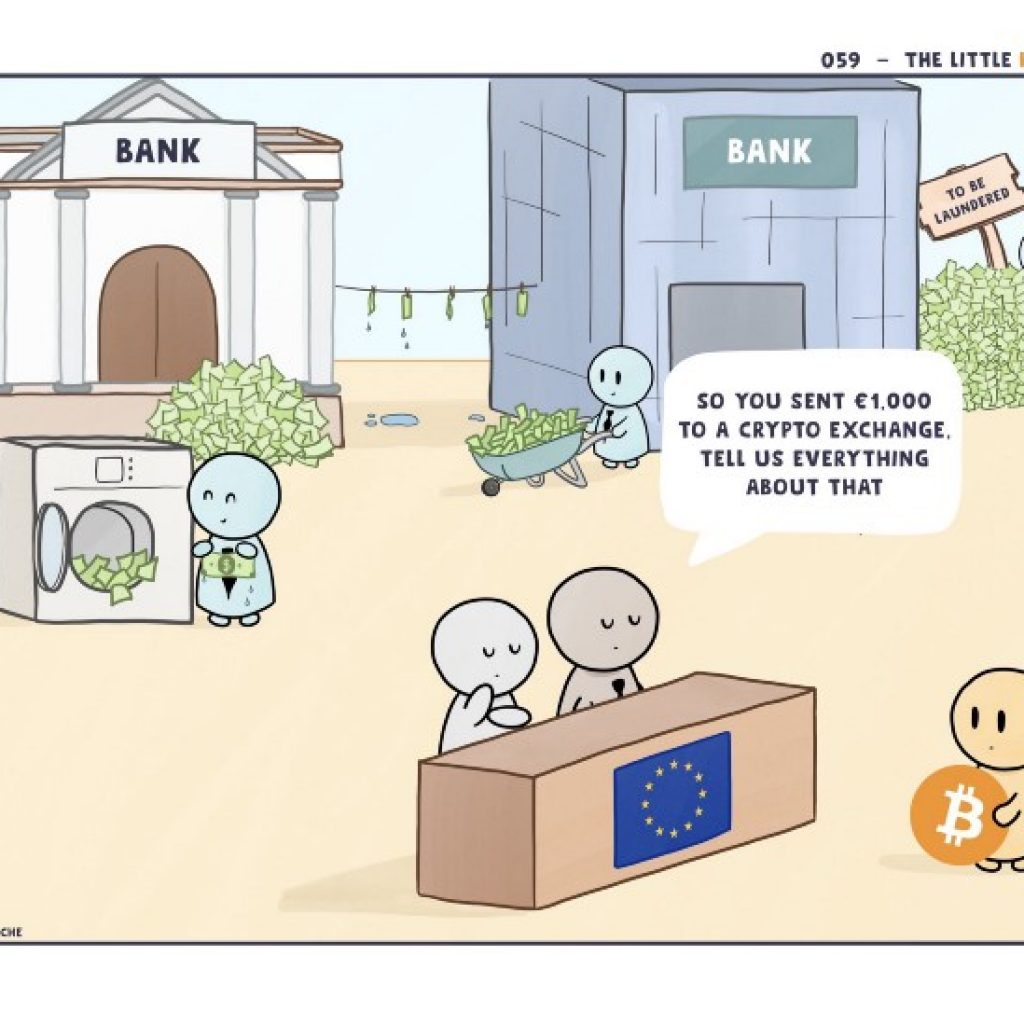Warning: This article contains targeted generalisations about regulators, bureaucrats, judges, trade unionists, and other groups of people. While I accept that there are bright exceptions in each group of these people, I find them, unfortunately, negligible.
Introduction
I am a “child of fortune” because the field I have been professionally and long-term involved in (penetration testing, ethical hacking) is not (yet) regulated in any way. There are methodologies (best practices) that most reputable companies follow, and most people in this field don’t miss the need for government regulations (although, of course, there are exceptions). If some Slovak state official decided to regulate this area, I would look for some corporatist pressure to usurp this kind of business in Slovakia or just a simple bureaucratic ego trip by an insignificant and incompetent bureaucrat who suddenly wants to be necessary. In any case, I would not respect these attempts at state regulation of my industry and would very likely move this business out of Slovakia to a freer country. Just like my crypto buddies did with the Bitcoin ATM business in Slovakia:
Dear clients, friends, cryptoanarchists,
The time has come when we have had to make a serious decision after 7 years of our Bitcoin vending machine business. Legislation and the pressure of regulators on banks have, unfortunately, pushed us to a state where it no longer makes economic sense for us to continue our work. The cost of the operation, thanks to inflation and Covid measures, the closure of the centers certainly helped.
Cryptodiggers.eu
How can the EU approve completely nonsensical regulations?
After reading Ernest Urtasun’s status about the upcoming “travel rule” legislation (in which, among other things, the EU is going to regulate “unhosted wallets”, which I can’t technically imagine at all), I started wondering again how there may be someone who has absolute power and can invent, push and approve such nonsense and begin to enforce it across such a massive territory as the EU.

The explanation is, unfortunately, simple:
Regulators almost always see the least of the industry in what they regulate. They are therefore the most incompetent.
Cryptocurrency regulators are primarily concerned (and not only European ones, but also Slovak ones), who if they had a better idea how decentralized cryptocurrencies and exchanges work, how trivial it is to circumvent the regulations in question, and what a dangerous competence disadvantage the EU/Slovakia can cause in the modern crypto world, they would give it a miss (How crypto pioneers became crypto refugees – how the state in the Czech Republic and Slovakia killed crypto).
In the past, whenever there was someone clever and productive (inventor, entrepreneur), a group of “the less clever” always formed around them, who always had “something to say” about their discovery (the first “controllers”, the first “regulators”, the first “unions”), who usurped their “legislative” importance by law or otherwise.
Suppose penetration testing were to be regulated in Slovakia. In that case, I am convinced that it will be controlled by the most incompetent in the field (those who are capable will get excellent jobs as top ethical hackers or start successful IT security companies).
Of course, there is no difference in the crypto industry. If you are really into cryptocurrencies, you are a Bitcoin “core developer”, creating some cool crypto wallet, decentralized exchange, or smart-contract project. You’re simply figuring out how to improve the world through decentralized technologies.
If, on the other hand, you are one of the more incompetent ones and you can’t move the crypto world forward with your work and knowledge (but you like power and you want to be necessary), then you become a crypto regulator.
Have you ever heard of Slovak crypto regulators? Do you know their crypto projects, activity, and reputation in the Czech-Slovak crypto community? No? That’s right—they are incompetent dilettantes. They would have been behind successful crypto projects if they had invested in crypto technologies. They would move the crypto world forward (at the moment, they can only boast of creating probably the worst crypto legislation in the world).
It works similarly with other industries. For example, “law” in Slovakia. If you are a brilliant lawyer, you start your law firm or get a job in an international corporation and work on global projects. You usually stay frozen in the public sphere if you are incompetent and conservative. It is no coincidence that we have judges in Slovakia with a 15th century mentality who put paedophiles who abuse young children on probation, ultra-corrupt politicians and civil servants who are patronizingly put on Section 363 (which grants the prosecutor general the power to halt a criminal prosecution), and conversely people who are jailed for 20 years for possession and cultivation of marijuana. It’s a long term regressive process in which all the competent liberal lawyers leave the state and the retarded conservative people stay there instead. Slovakia also remains conservative because a vast number of liberal-minded people (including me, unfortunately) have already left or are in the process of leaving (and don’t want to return to the collective of retarded conservative people). And they often go abroad (to Prague, for example). Quiz question: “Try asking Slovaks living in Prague what they think about Slovak drug policy or the political influence of the Catholic Church in Slovakia.”
There may be “bright exceptions” in Slovak courts, where the police and authorities are trying to change for the better. But these people have a problem with their internal consistency as they continue to work for an institution whose top judges let criminals go free and send innocent people to prison for 20 years for pot.
I consider it not only immoral to work for this criminal institution but also to contribute to it with taxes (regardless of my anarchist view that “taxes are theft”).
Another fine example is the “trade unionists” who are more incompetent than entrepreneurs. If they were capable, they’d be innovative, starting and running successful businesses. Okay, not everyone can start a business. In this case, they can become successful “do-it-yourself” craftsmen or top-notch employees who will always choose their employers (and union activism won’t make sense). If they bitch about evil corporations and are incapable of starting one, at least they can make money by buying (and selling) their stock:
By the way, if anyone feels that big corporations have excessive profits and should share them with the people, capitalism has a simple answer: stocks and dividends. Today, anyone can quickly open an account with a broker and buy shares in Enel, MOL, VW-nu, and many others. They can enjoy their profits if they believe their financial results are fantastic.
Martin Vlachynsky: Crunchy excess profits
But since most trade unionists can’t manage any of this, they are left with only the position of regulators and controllers.
Journeying towards “regulation-free enlightenment”
I have been travelling “full time” for the last 7 years. I have visited more than 100 countries around the world. One of the most interesting and beautiful things about travelling is that you start to realise that the regulations and laws you were used to don’t exist in another country and nobody misses them (for which, for example, in Slovakia you get a fine at best and end up in jail at worst). For instance, you realize:
- Uruguay has NEVER banned any drugs for personal consumption, and they have no more problems with drugs than countries with strict prohibition. You can buy marijuana in any pharmacy. And yet 2x less people consume it there than in the Czech Republic.
- In Ukraine, Uber is not regulated by the state in any way and works just as well (if not better) as it does elsewhere.
- In Georgia, there is 0% tax on cryptocurrencies (as well in other countries)
- Most countries don’t have compulsory health insurance (where you have to be threatened by violence as a resident to pay health taxes to a state-selected oligopoly of local health insurers). You can, of course, pay them when you want to, and you don’t have to when you don’t want to.
- I don’t know of any country where you have to pay 15% health taxes on any individual profit (that includes, for example, renting out real estate or selling crypto). No one wants to believe that such a thing exists in Slovakia.
- Many countries (such as those in Southeast Asia) don’t understand the concept of “social insurance.” They ask me, “Why should we involuntarily contribute to the retirement of foreigners who have not saved responsibly as we have?” They consider voluntary social assistance from charities or the families themselves a more moral approach.
- In most countries, you can buy just one menthol cigarette without any problem. And that’s without a cash receipt. In Slovakia, this is slowly becoming a “felony crime”. There is both a ban on the sale of menthol cigarettes, a ban on the sale of “one-piece” cigarette, a ban on cigarettes without the government certification, a ban on sales without registration in eKasa (the government’s tax system) and, of course, a ban on sales without a receipt.
- Most countries in the world don’t have a bunch of bizarre EU regulations that nobody misses (one of the more bizarre ones is the “EU cookie law,” the new German packaging regulation “VerpackG,” etc.).
I find it an incredible waste of my time and life to spend several hours a day ensuring “compliance” with some EU regulation that not only doesn’t exist anywhere else in the world, but nobody misses.
You can argue that regulations tax living in the “developed world,” so, logically, they don’t exist in the underdeveloped world. However, the problem is that those regulations are different or even opposite in the developed countries of the civilised world.
I find it ridiculous that in the USA, where you can legally buy weed in any “dispensary” (even magical mushrooms in Denver), the American singer R. Kelly gets 30 years hard time for sexual abuse. And in Slovakia, where they send people to prison for up to 20 years for possession and cultivation of pot, a Catholic priest gets probation for sexual abuse of minors. Something is wrong, and it’s not working.
The straightforward and transparent regulations and laws that were supposed to ensure a fair society and its growth are destroying it. I met a Chinese steel wholesaler in Panama a year ago who told me that Europe was no longer a fascinating continent for him – too over-regulated, with complicated customs restrictions, so he was exporting steel to other continents. I found it incredible for a businessman to refer to Europe as an uninteresting continent. Unfortunately, thanks to the EU, Europe is realistically being relegated to the position of an incompetent continent. In a situation where we are facing massive inflation and the threat of low-income groups having nothing to eat, the EU is addressing the regulation of USB-C connectors. In a situation where the productivity of all Europeans needs to be boosted as much as possible, they are being burdened with absurd environmental regulations (for example, the latest German Packaging Act). When we need a quick and effortless transfer of value, for which cryptocurrencies are ideal, the EU is wiping them out with regulations.
If the EU continues at its current pace of regulation, inflation and bans and regulations on new technologies (there is no evidence to the contrary), it will face a slow economic death.
Those who do not leave the country will leave the system.
Criminalizing drugs never meant that people stopped using drugs. Friends who used to smoke pot and didn’t want to get in trouble with the state moved to the Netherlands or at least to the Czech Republic, where they didn’t face draconian punishments like in Slovakia. If they stayed in Slovakia, they found their trusted dealer and smoked pot anonymously so that nobody would know about it and nothing terrible would happen to them. They went underground.
The upcoming nonsensical crypto legislation will have a similar effect. Crypto people who haven’t gone to countries with territorial taxation (Paraguay, Panama, Uruguay) or countries with favorable crypto legislation (Georgia) will go underground.
And not only in Slovakia, but throughout the EU.

If the bureaucrat thinks that people will start voluntarily reporting their crypto transactions, revealing their identities through the KYC process, or admitting taxes on their cryptocurrencies, he’s sorely mistaken. I daresay that even though most people are not anarchists, most of them won’t do it (ironically, GDPR doesn’t protect them in any way in this regard).
They can use the world’s many non-KYC exchanges or private Signal or Threema groups, where people trade cryptocurrencies freely and without KYC (and government oversight). New open-source peer-to-peer exchange projects (like vexl.it) are growing like mushrooms after the rain.
With every regulation, more and more people went underground, to the old “vexl” days when the Bolsheviks forbade people from trading freely. The current Bolshevik, while not forbidding it, is so intrusive with regulations into the privacy of the people themselves that it makes cryptocurrencies significantly less attractive for legal use.
Meaningless and pervasive regulations may have the effect of starting an underground insurance business against the state that has not made economic sense until now. In my articles, I have addressed this issue in the past: The rise of anonymous crypto insurance and Anonymous insurance and prediction markets.
Summary
Laws and regulations in various fields usually come from the most incompetent, who are typically incapable of asserting themselves. Or it may be corporatist pressure from a narrow group of people who are trying to build a business on the regulation or protect an existing business (e.g., “traditional banking”). Or it may be a combination of all these factors.
Most regulations and laws are unnecessary —try to find a country without a given regulation or law, and you will often be surprised to find that nobody there needs it either.
Not only do we not need regulations, but they are also very dangerous – at best, they kill the productive time and lives of millions of people. At worst, they create more victimless crimes (which don’t exist in other countries!) and, by consequent criminalisation, put hundreds of thousands of innocent people in society at risk (crypto users will soon be added to the at-risk drug users in the EU).
Many crypto users will not leave the EU; they will go underground and continue to trade freely in trusted communities just like it happens in any other totalitarian country.
